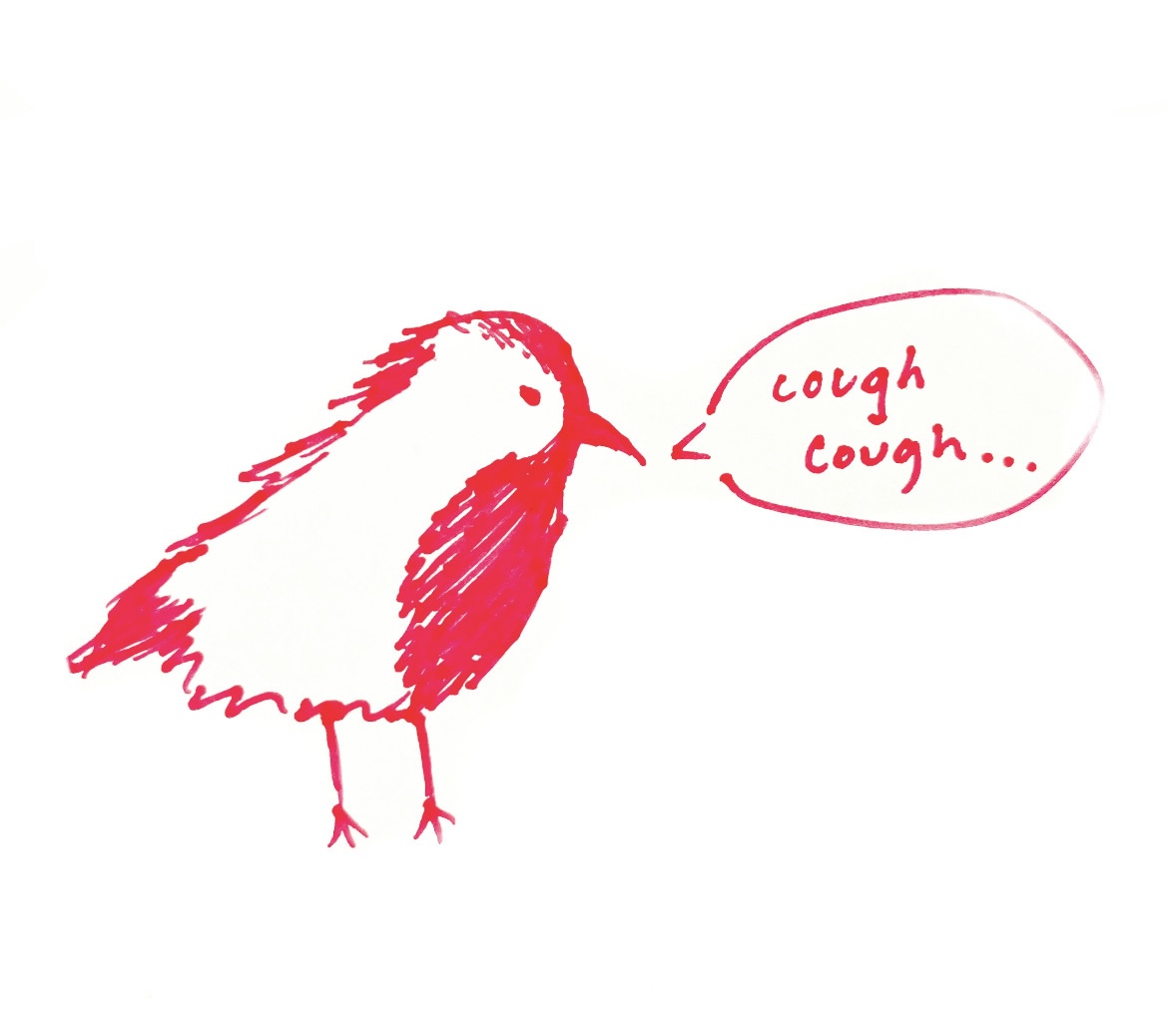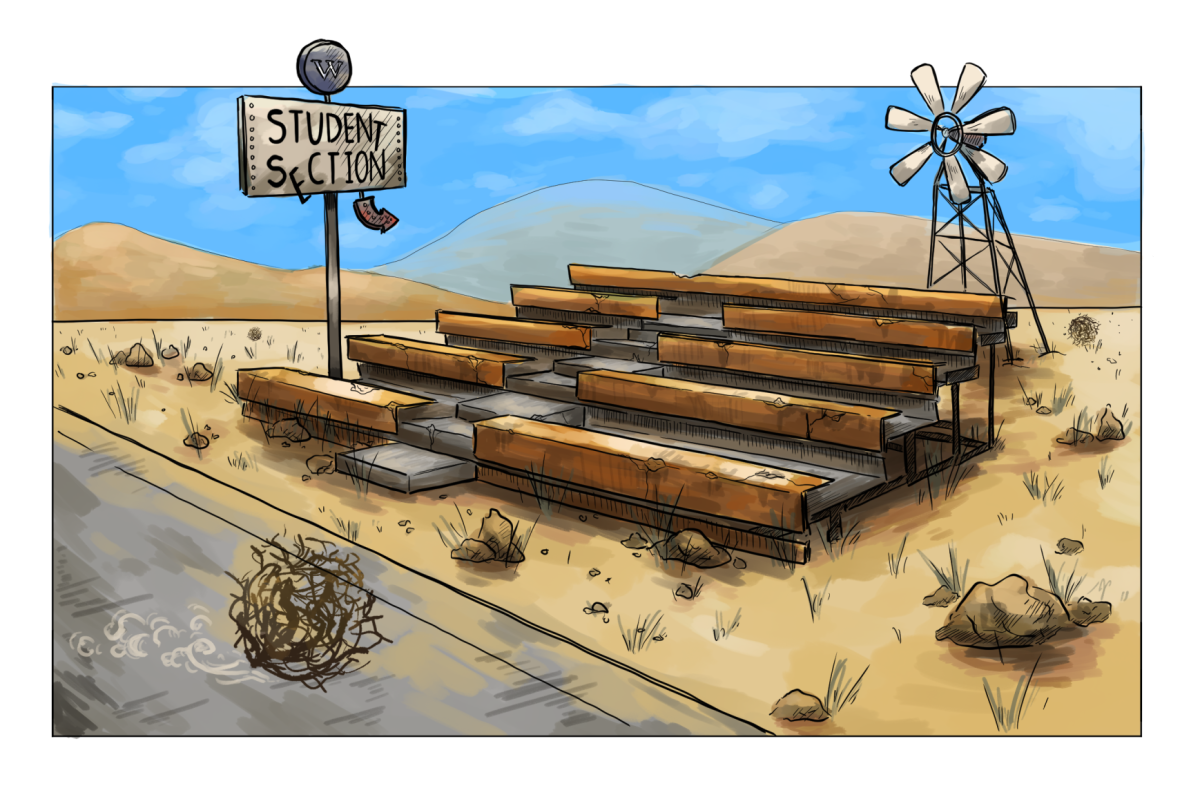There is always something unique in the air as students begin to prepare for finals every December. No, I am not talking about the stress-induced pheromones or the sweet scent of Christmas cookies coming from Prentiss Hall. I am talking about a foul stench overwhelming the common smells of the season. The scent befouling the region commonly known as “the area between Jewett Hall and Olin Hall” has long been attributed to the Ginkgo tree, but field researchers for The Pioneer have found that its problem is far more complex than an endangered feces-producing tree.
“What we have here,” said Jack Costow, a first-year who thinks he wants to go pre-med, “smells like poop.” Nine out of ten scientists agreed that the trees smelled like poop, while one thought it smelled like a jar he found in the Tau Kappa Epsilon basement.
The likeness between the smell and human waste is almost unanimously recognized, but the source was more difficult to find.
After countless interviews (it was just one) and questionable interrogation tactics (waterboarding), Pio reporters finally coaxed a truthful answer out of a frightened Phi Delta Theta pledge.
“Sometimes,” said the Phi pledge through gasps for fresh, non-poopy or water-filled air, “when Bob’s food isn’t that good … in the winter … when vegetables are out of season … I get an upset stomach.”
Having captured the reporter’s attention with accusations that Phi’s chef Bob makes food that isn’t good, the pledge was untied and allowed to speak more freely.
“And when my stomach is upset, I-I-I get, you know … farty and bloaty.”
The story does not stop there, however. In addition to the sensations of bloatiness and fartiness, the student admitted to occasionally passing gas on his walk to class in the mornings.
Further probing (a SurveyMonkey survey) unearthed the shocking news that the farty pledge was not alone in his flatulence. When pressed, every active Phi and Phi pledge admitted to the occasional toot on their way past Jewett 1-West.
“It is kind of a habit,” said Phi president Finn Patricksen. “I guess you could call it a tradition.”
Since the survey, a large number of Phi alumni have revealed that the traditions of farting between Olin and Jewett actually predate the Ginkgo tree.
“For years, it was a serious problem, but then someone planted a tree right in the epicenter, and, well, it just seemed natural to blame it on the tree. People were skeptical at first, but through persistence we were really able to make it stick.”
For decades, it seems, Phis have been passing gas and blaming it on a poor, unsuspecting tree. The news has been shocking for some and devastating for others. It appears that the Ginkgo tree is on the receiving end of one of the greatest and most elaborate “blame games” in the history of flatulence.
Following an article last week describing the drug commonly known as “jenkem,” first-years in 2-West spent hours collecting the Ginkgo fruit in attempts to create a more natural strain. Their attempts have been rendered fruitless, though they now have jars filled with useless fruit. The area is now barren and it is evident that the smell is not being produced by some magic farting tree, replacing the common saying “He who smelt it, dealt it” with a more succinct “Phi Delted it.”





